Nigeria will receive an IMF facility of $3.35 billion an amount that is part of a historic general allocation of Special Drawing Rights (SDRs) of the International Multilateral Institution. Nigeria received about $3.4 billion in May 2020 under the IMF’s Rapid Financing Instrument (RFI)
The sum was approved by the board of governors of the International Monetary Fund (IMF) as reported by Nairametrics a few days ago. According to the IMF, “The SDR allocation will benefit all members, address the long-term global need for reserves, build confidence, and foster the resilience and stability of the global economy. It will particularly help our most vulnerable countries struggling to cope with the impact of the COVID-19 crisis.”
Nigeria is facing an unprecedented currency crisis with the exchange rate at the black market crashing to as low as N523 against the dollar following the ban of the sale of forex to BDCs. The currency has since appreciated to about N505/$1 since the ban was announced over a week ago. Yet, analysts point to the country’s inability to attract foreign exchange as a major reason for the currency crisis.
Nigeria’s typically relies heavily on Foreign Portfolio Investments (FPI) to boost reserves, however, forex inflow from portfolio investors remains at historical lows. Recent data from the National Bureau of Statistics reveal Nigeria received a sum of $1.53 billion in FPIs in the first half of 2021 compared to $4.69 and $8.6 billion in the same period in 2020 and 2019 respectively. Total capital importation has declined to $2.7 billion from $7.1 billion and $14.3 billion in the same period in 2020 and 2019 respectively.
However, the latest IMF loans may come as a significant boost to the country’s external reserves when it is disbursed anytime from August 23rd this year. The increase in reserve will surely arm the central bank’s forex liquidity and support capabilities. The Central Bank typically intervenes in the forex liquidity market via frequent sales at the I&E Window.
Another likely forex liquidity boost may arise from the government’s plan sale of Eurobonds later this year in line with the funding plans for the country’s budget deficit. Back in April, Nairametrics reported that the Debt Management Office planned to issue Eurobonds for 2021 of about $6.2 billion. The government has now appointed transaction advisers for the sale.
The government has picked JP Morgan, Citigroup, Standard Chartered and Goldman Sachs as international bookrunners on the $6.2 billion Eurobond issue. Others are Chapel Hill Denham Advisory Services Ltd as Nigerian Bookrunner, FSDH Merchant Bank Ltd as Financial Adviser, White & Case LLP as International Legal Adviser and Banwo & Ighodalo as Nigerian Legal Adviser.
A combination of Eurobonds and the IMF Facility could increase Nigeria’s external reserves by close to $10 billion an amount that will most likely reflect in a stronger exchange rate between the naira and the dollar. However, Nairametrics does not expect this to reflect earlier than the fourth quarter assuming all things remain equal.

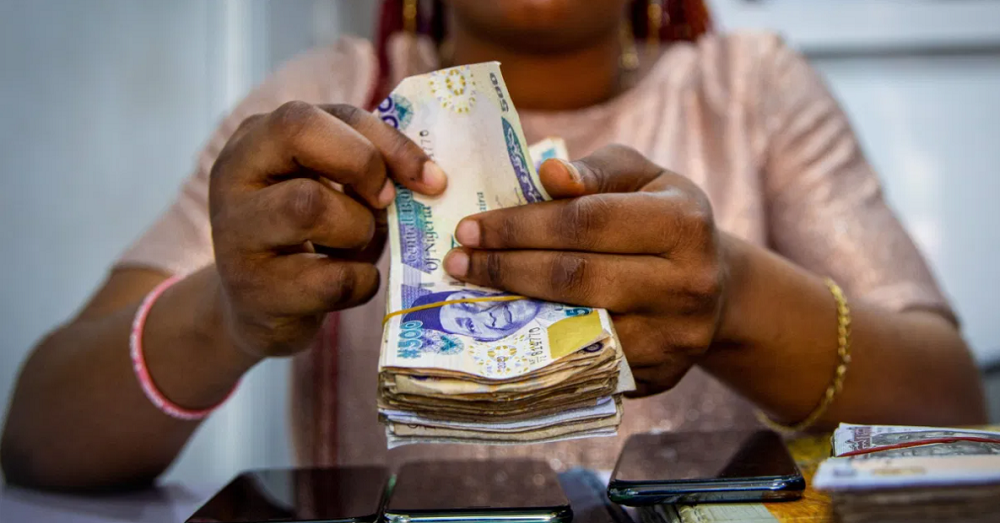






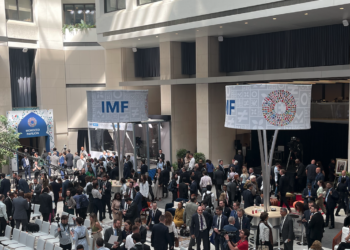

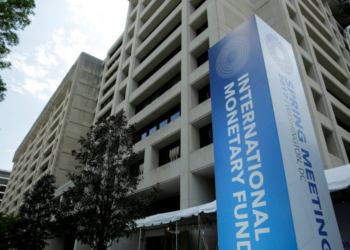
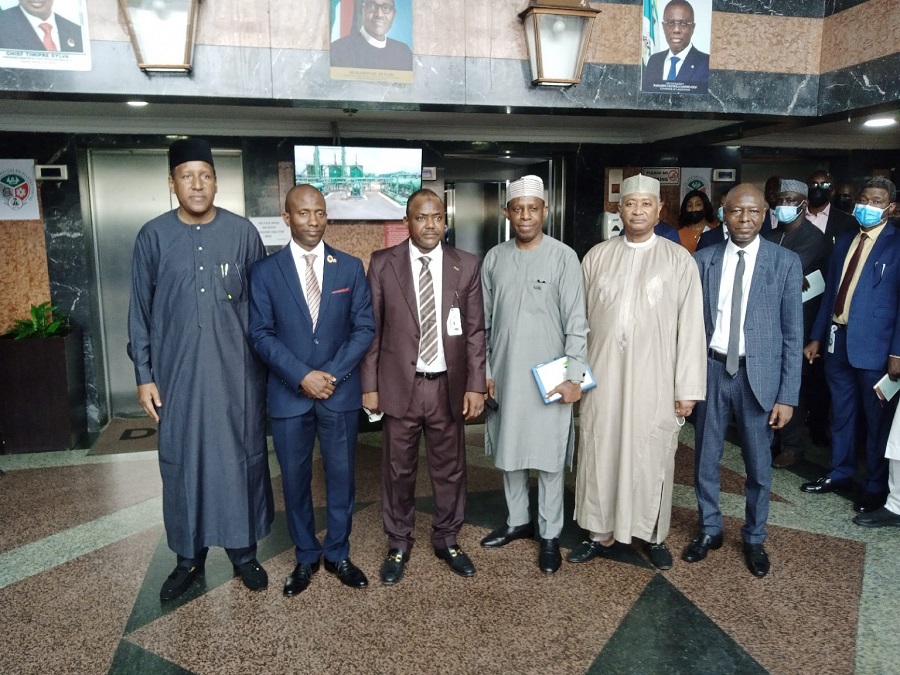






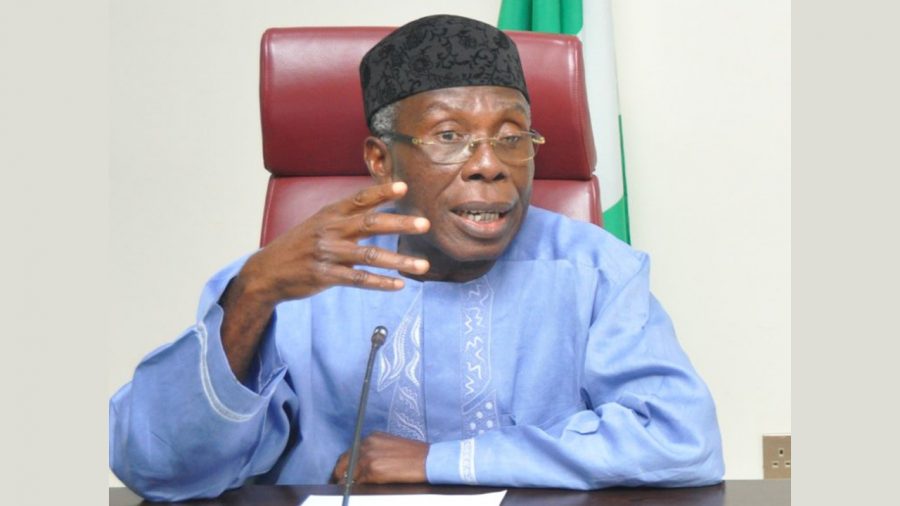

My fear is that like other funds that come in, it will not be spent appropriately unless the IMF decides to monitor the funds by releasing in tranches making sure that with each tranch its spent on what its meant for.